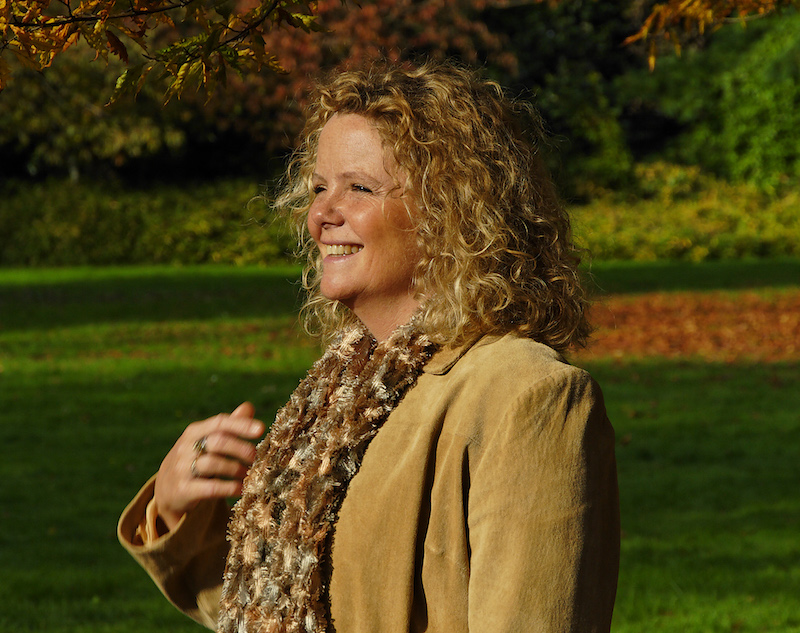
by Lisa Sturge
My motto is ‘We Don’t Need to be Happy to Laugh.’ When we see people laughing in photos or on the internet we naturally assume they are laughing because they are happy.
They may well be, but Professor Robert Provine’s research in ‘Laughter, a Scientific Investigation’ found that we laugh mainly to communicate with each other, like a form of social glue. Laughter is actually an incredible tool for reducing stress, releasing pent up feelings and re-addressing our emotional balance.
We also feel closer to others when we laugh; more connected and understood. Laughter builds trust. Finding a way to laugh in a situation also helps us to shift our perspective; to see stressful situations from a different angle. Laughing can help us feel happier.
Putting Laughter to the Test
I tried out the laughter effect for myself after only a couple of months of becoming a fully-fledged laughter facilitator 8 years ago. Physical signs were indicating that I could have MS or a brain tumour as I had been experiencing tingling sensations in my neck, back and shoulders. I was sent for a full body scan and nervously awaited results.
At this stage I could have cried, shouted and screamed, phoned for support…I had two children under the age of ten and knew that I wanted to feel better; more resilient. I wanted to know that I could cope. So I took myself into the garden alone and made myself laugh.
I was not feeling remotely like laughing. Even though I knew that laughter had many beneficial effects, it sounded forced and angry to begin with. I stuck with it and after only a few moments my real, irrepressible laughter kicked in. I roared and roared with laughter amongst the shrubbery, lost control and abandoned myself whole heartedly to the process. My body took over and my mind took a backseat.
My laughter had made me feel indestructible; invincible. Refreshed and renewed, I left to pick up my children from nursery and school, knowing that whatever came my way, I would cope with it. I am very grateful and relieved to say that I returned to full health in a short time, and I have never forgotten the power of laughter in that moment of choice in my back garden.
When we choose to smile or laugh, even though we may be feeling the opposite, it can feel inauthentic, illogical and contrary to our natural inclinations. Yet it works. If we are willing, laughter can release us from the trappings of our negative mental patterns and lift us to the sky. It is our ‘let-go valve’ in life.
Laughing helps us to feel differently, to see differently and to think differently.
Choosing to Laugh
So next time you feel a dark mood coming on or you are feeling low in energy and vitality…give laughter a go. Accept fully how you are feeling in that moment and then decide how you want to feel. If you want to feel happier, more resourceful and more energised (and it’s always about choice) start with a gentle smile, a deep breath and some stretches, then begin to move and laugh in a way that feels comfortable to you. Play with your laughter gently until it feels really good inside. Connect with that joy and follow it. It can lead you back to yourself.
“We don’t laugh because we are happy; we are happy because we laugh.” William James
Lisa Sturge is the founder of Laughterlines Coaching. Having experienced the effects of both stress and depression in her previous working life, Lisa established Laughterlines Coaching to help people to use laughter as a powerful tool for everyday living. She’s the author of ‘The Pocket Book of Laughter’ and a member of the UK Laughter Network. In 2008 she founded the Chichester Laughter Club and Lisa was one of the 15 speakers at the World Laughter Summit in 2014.

